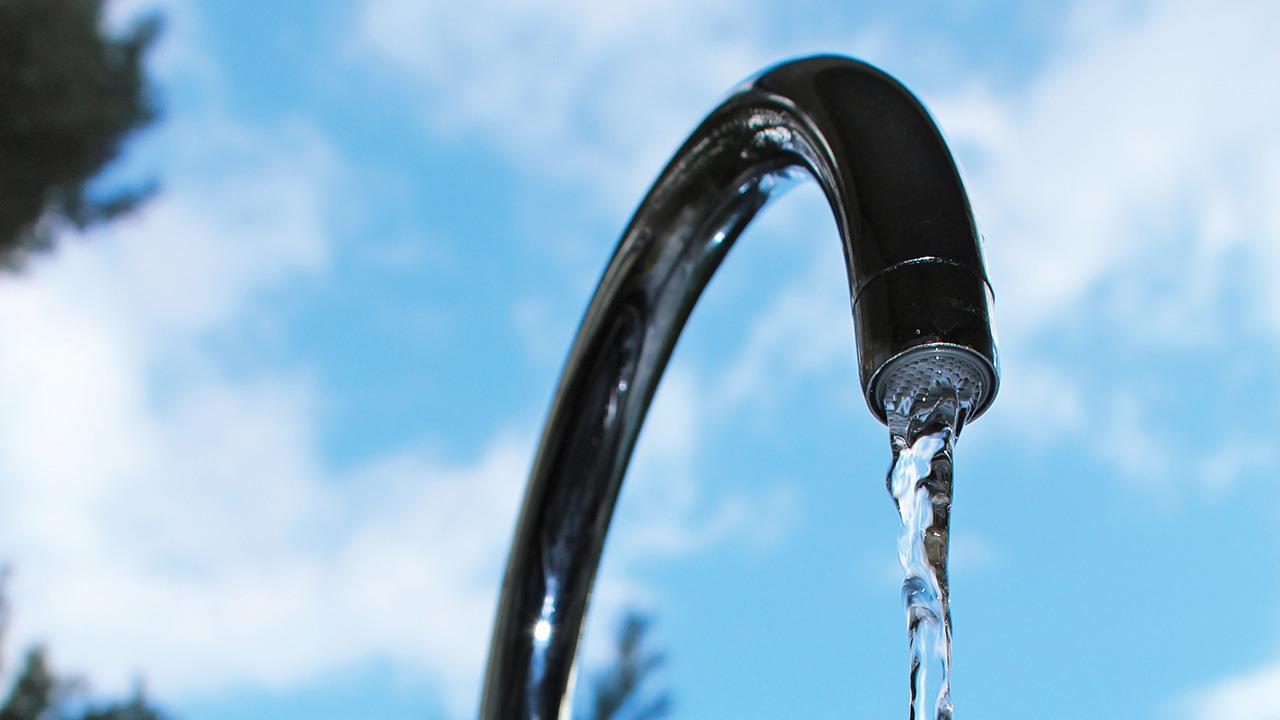

Paul Millard, Technical Manager at WRAS, explains how plumbers can help customers tackle water wastage in the home.
A leaky loo is certainly an inconvenience, but not necessarily something most consumers would think of as having significant environmental consequences. You might be surprised to learn that around 400 million litres of water are estimated to leak from UK toilets every day. This is enough to supply 2.8 million people, or the populations of Edinburgh, Cardiff, Belfast, Manchester, Sheffield, Liverpool, and Bristol combined, according to Waterwise.
Fixing these leaky loos would contribute around 10% of the additional water capacity needed to cope with an extreme drought in England by 2050. Not only do such leaks have significant environmental implications, but they can also add hundreds of pounds to annual household water bills for those with meters.
Plumbers are in an ideal position to advise customers on how to avoid leaks and to repair faulty fittings to minimise environmental concerns such as conserving precious water supplies. Here we’ll outline the wider issue and discuss how plumbers can help customers reduce their water use.
The issue
A Defra consultation on measures to reduce personal water use highlighted that the UK’s high population density means water availability per person is less than in many Mediterranean countries. It recommends a ‘twin-track’ approach of increasing supply and reducing demand. Currently, every person in England and Wales uses an average of 140l per day. A survey of 2,000 people from WRAS found that more than 85% either didn’t know or underestimated the average consumption by households.
With this in mind, the same survey found that 27% of Brits would wait over a week to fix a dripping tap – the equivalent of 168l of wasted water. It was also found that 22% of Brits would wait in excess of four days to fix a leaky loo, which can waste up to 400l of water per day.
Four days might not seem like a long time to wait before fixing a plumbing problem, but this level of delay can lead to huge water wastage, as well as potential damage to the home and increased bills. This is where plumbers can play a key part in educating customers.
How to help
We all have a responsibility to use water wisely and consider the impact we have on the environment – that includes plumbers. It’s important for plumbers to let customers know that, when a plumbing problem first arises, a quick call to a local approved plumber can give them peace of mind, help ease the burden on the environment, and save them money in the long run.
There are a few key messages you can deliver to customers to help them avoid plumbing issues, thus minimising any negative environmental impact.
Compliance
Checking compliance is important when it comes to the fittings and products you’re installing, providing, or recommending to customers. Not all products have been tested to demonstrate they are a suitable quality and standard, so you should check.
One route is to check products have been ‘approved’. Approved product status demonstrates that it is of an appropriate quality and standard, if installed correctly. There a number of approval schemes in the UK including WRAS, Kiwa, and NSF.
It’s better to buy a compliant product that has passed appropriate conformity tests to demonstrate it doesn’t leak, thus providing peace of mind, as well as saving water and money on bills.
Give advice
According to research carried out by WRAS, just 6% of Brits ask their plumber for water saving advice, so it’s important for plumbers to be more proactive about offering this information. Time really is of the essence when it comes to dealing with leaks and bursts, and most customers will react well to some honest, straight-talking recommendations.
With this in mind, it helps to give customers real world examples of just how much water and money they could save by addressing problems as soon as they arise, rather than three or four days later.
Addressing the topic of saving money will also help build their trust in you as a qualified service provider who isn’t trying to rip them off. Providing them with such advice will help cement relationships in the long run, with customers coming back time and again.
Water usage can seem like an insurmountable issue at times but, as with other such problems, there are ways we can all help find solutions and make improvements in our everyday lives. Plumbers are in a unique position to offer customers advice on the management of water facilities and, by following this guidance, we can make progress on tackling a problem affecting us all.
If you'd like to keep up-to-date with the latest developments in the heating and plumbing industry, why not subscribe to our weekly newsletters? Just click the button below and you can ensure all the latest industry news and new product information lands in your inbox every week.